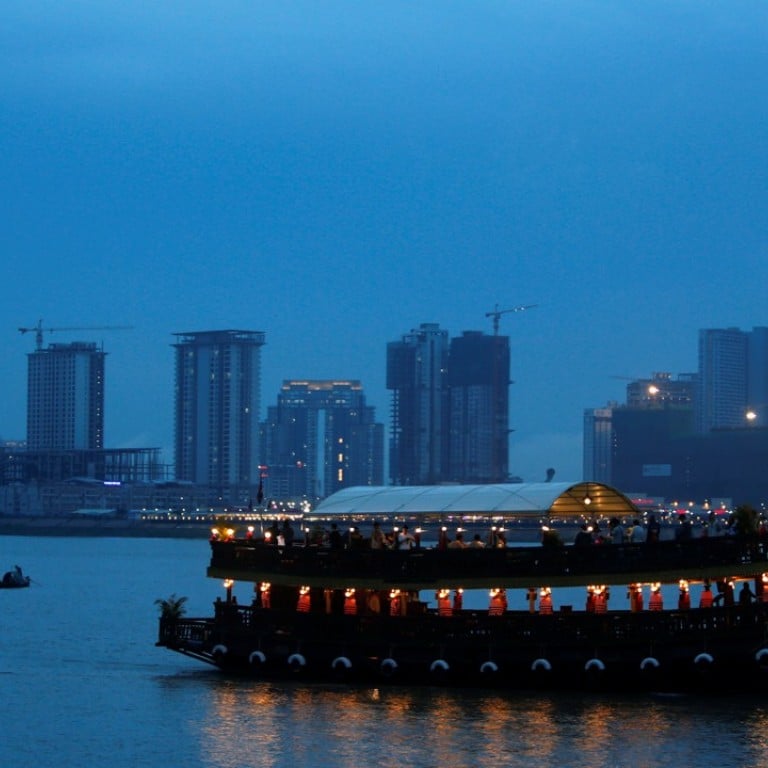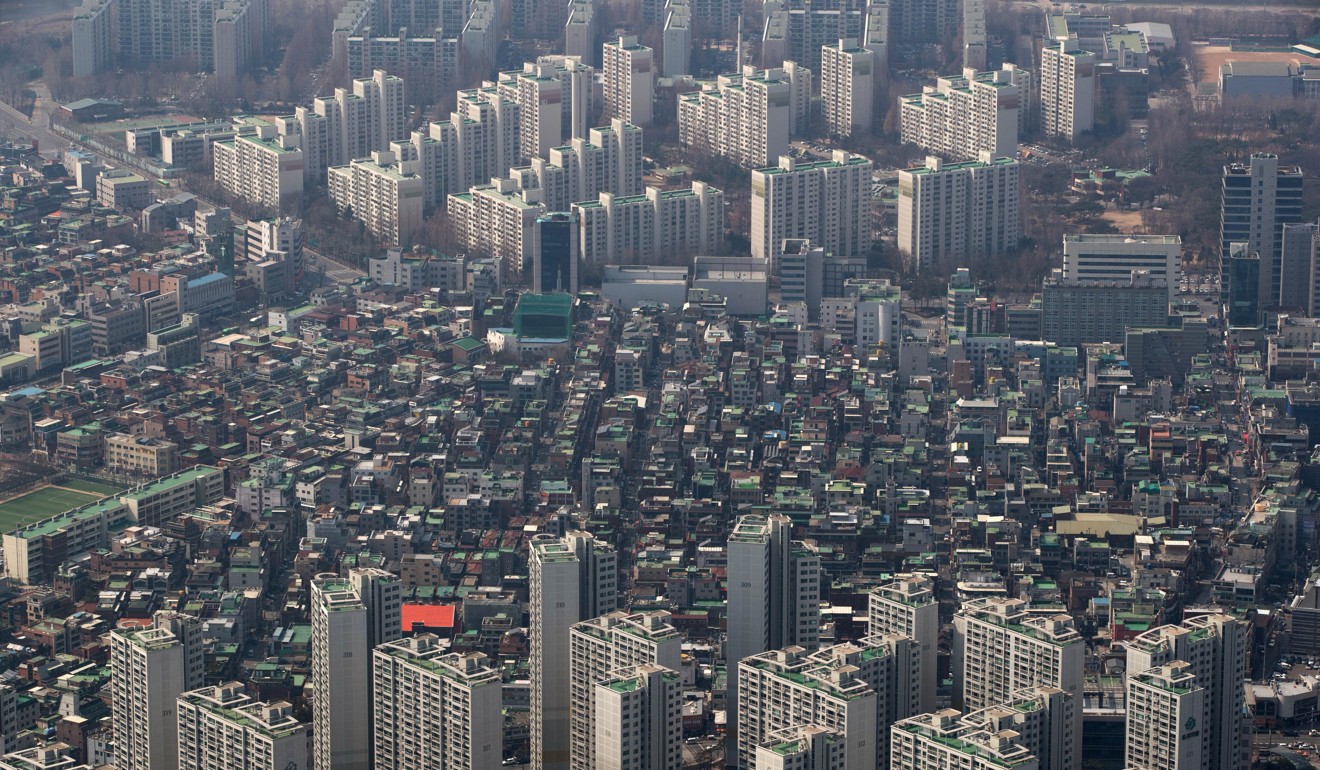
Relentless property price rally is driving Hongkongers to try their luck in Phnom Penh, Seoul markets
Finding no relief from the seemingly never-ending property price increases at home, Hongkongers are looking further afield for opportunities in new markets like Cambodia and South Korea.
But the search for the perfect overseas investment is not without its risks, say analysts, who advise potential buyers to study local government policies and tax systems that could affect their investments.
Kerry Wong, chief executive officer, Greater China, of REA Group, said the unabated rise in Hong Kong property prices was the main factor driving interest in these markets.
“According to our economist’s report, Hong Kong is at least two or three times more expensive [than Phnom Penh or Seoul],” she said.
Wong said Cambodia and South Korea, as part of China’s “Belt and Road Initiative”, could expect to see more investments in infrastructure and a deepening of trade relations with other Asian and Eurasian countries.

This will lead to a drop in the prices of mid-range and high-end condos by 4 per cent and 3 per cent, respectively, according to The Phnom Penh Post in a report dated February 9.
George Hsieh, president of Taiwan-based Ho Hsin Development, said its upscale condominium project, The View, in Phnom Penh’s BKK1 district, had been well received by foreign buyers.
Priced at US$100,000 to US$300,000 each, The View has 320 units, of which 280 were pre-sold. Buyers included Japanese, Taiwanese, Hongkongers, mainland Chinese, wealthy Cambodians, as well as Australians, and French nationals.
“In Cambodia, there is no foreign-currency control so you can put your money there and US dollars are accepted everywhere, purchases are made in US dollars,” Hsieh said.
The Cambodian government has initiated efforts for the full adoption of the local riel in the economy, but US dollars remained widely used.
“In addition, there are 31 countries enjoying zero tariffs in Cambodia [and because of this] many countries are very active in investing in [Cambodian] properties. Most of the foreign investors come from Hong Kong, China, Japan, Singapore, Korea, Taiwan, and so on,” Hsieh said.
“Under the policy of no foreign-currency control in Cambodia, capital from other countries can freely enter and exit and therefore it is very suitable for property investment at the moment.”
In Seoul, on the other hand, tenants are required to pay upfront a large percentage of the property’s value.
Karis Hui, chief financial director of Do B Global Property Investment, said: “After confirming the rental contract, tenants need to pay a large amount of money to the landlord in advance, which is like lending money to the landlord.
“Instead of paying interest to the tenants, the rental fee is deducted from the total amount of money paid in advance.
“Some Hongkongers have started working in Seoul, but Korean property is a very new market them.”
Do B Global does marketing for The Signiel Residences, part of the mixed-use Lotte World Tower, a 555-metre skyscraper in Seoul.
The tower, the fifth-highest in the world, has office spaces, a six-star hotel, members-only facilities such as restaurants, and an observation deck.
“The units, with an average size of 2,000 square feet to 3,000 square feet, are sold at HK$20,000 per square foot. You can’t really buy something like this in Hong Kong,” Hui said. “Korean property is not cheap, but also not expensive compared to Hong Kong’s.”
But as with any investments, Wong said investors should be aware of the government policies and taxation issues they would have to deal with in buying property overseas.
“You do need to understand as a foreign investor what are the regulations and restrictions that you will be subject to. They should also be looking at tax regulations for foreign investors,” she said.
Wong said investors should also take note of currency volatility and its potential impact on their investment.
Hsieh said an advantage of investing in Cambodian property is the absence of capital gains tax.
South Korea, on the other hand, does impose such a levy, Hui pointed out.
In the case of Seoul, Hui cited the latest research from advisory firm Knight Frank saying luxury house prices rose 4.8 per cent in the first quarter of 2018 from the same period a year ago.
The report added that the Korean government was seeking to boost housing supply after it unveiled a
welfare plan promising a million more homes in the next five years.

